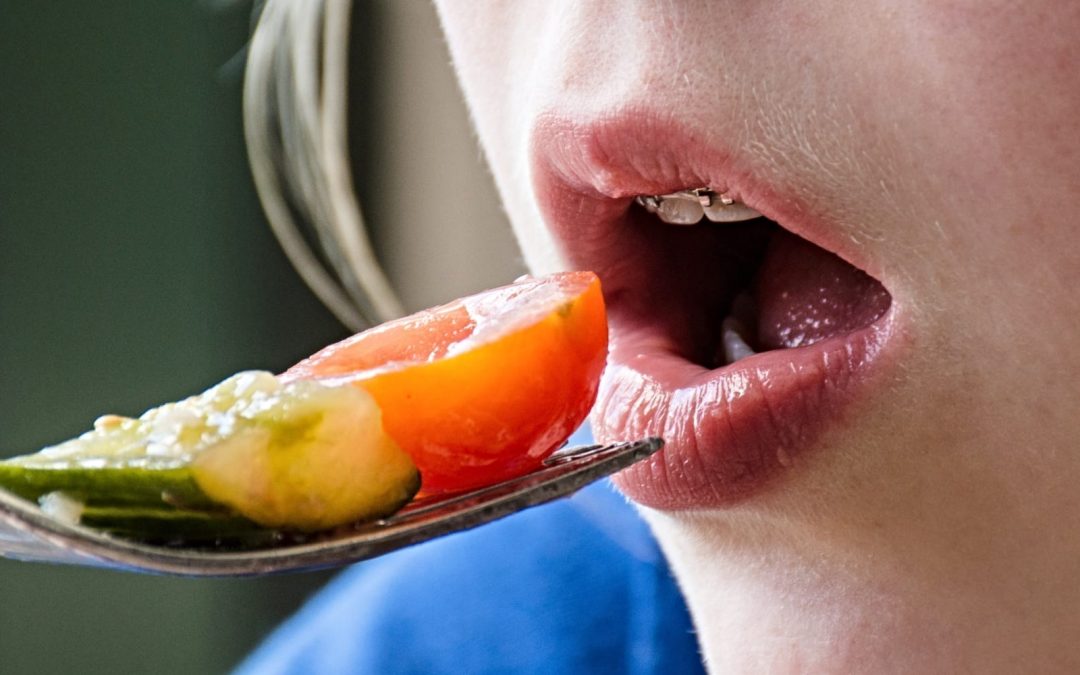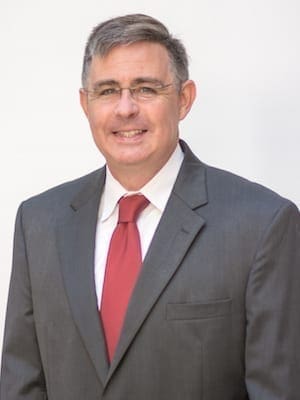There’s an old story about a crazy-eyed prophet named Elijah and a widow and her son.
When a deadly famine came upon the land, God told Elijah to find a widow who would give him water and food.
Elijah arrives to learn there’s only enough oil and flour for one more meal before they die.
The widow feeds the prophet anyway, and because of her generosity, the oil and the flour miraculously never run out (see 1 Kings 17:15-16).
It’s a troubling story that could be used by religious leaders to take advantage of suffering widows or others in desperation. But at its core, it’s a story about hope and God and abundance.
Some days it feels like the oil and flour are nearly out. While the stock market is skyrocketing and unemployment is the lowest in decades, still, according to the North Texas Food Bank, one in four children in North Texas live without reliable access to a sufficient quantity of affordable, nutritious food.
Similar stories can be found in countless communities across our nation and world.
Sometimes, it seems there is more than enough; sometimes, it seems it’s not even close.
There’s not enough time, not enough money, not enough margin. We can’t give more to help those in need; what if we don’t have enough for ourselves?
Consumerism teaches that we swim in scarcity, which is why we need to work longer hours or buy one more thing to make us happy.
Scarcity or abundance. Which is it?
I recently heard Traci Blackmon, a pastor near Ferguson, Missouri, pose an alternative.
Stop asking, “Is there too little or too much?” and instead ask, “Is there enough?” she urged.
Our shared reality suggests not abundance or scarcity, but sufficiency. Sufficiency recognizes that together, there is enough; we are enough.
We don’t always believe in abundance, and scarcity dominates our public discourse. But we can all agree that there’s enough – for full stomachs, for healing, for peace.
After Michael Brown was killed in Ferguson, Missouri, protests grew heated. Tensions bubbled over as the police presence increased and hundreds of people swarmed the streets.
Cathy “Mama Cat” Daniels pulled her van into Blackmon’s church parking lot one Sunday afternoon. She wasn’t a churchgoer.
Without a word, Mama Cat took out two folding tables and spread tablecloths, then laid out utensils and paper products. Last of all, she produced two steaming, industrial-sized pots of spaghetti and noodles.
Then she turned to the crowd and said, “Y’all come eat, and bring the others.”
All were welcome. Protesters, police, grieving friends, grandmothers and gang members, every hue and shade of humanity. Everyone had a place at Mama Cat’s table, and the food was enough – sufficient.
Since 2014, Daniels has served a hot meal nearly every Sunday afternoon to everyone who is hungry.
This is the kind of table that Jesus set before his disciples. He chose bread and wine as symbols through which he could be remembered. No one was excluded from his table, and there was enough for everyone.
He peeled back the divine mystery of how he would heal the world as he broke the bread and poured the wine and passed it around. “Y’all come eat,” he may as well have said. “Drink. Receive. And bring the others.”
Christians may seem crazy-eyed to the world, believing in flour and oil that doesn’t run out, of races reconciled, of strange new family where prophet and widow and child all have a place, of a benevolent God who feels the hunger pangs of humanity.
It doesn’t matter what cynics think, those who wallow in a scarcity mindset. It doesn’t matter if those with lots of abundance keep hoarding in their palaces, never waking up to the need of their neighbors.
Through Christ, we now get to remake the world we live in. Through us, miracles of sufficiency happen in everyday ways. It can be enough to change the world.
So, don’t be afraid to open your pantry or closet or wallet to share what you have because someone needs what you have more than you do.
Editor’s note: A version of this article first appeared on Cliff Temple’s blog and is used with permission.
Brent McDougal is senior pastor of First Baptist Church in Knoxville, Tennessee.


